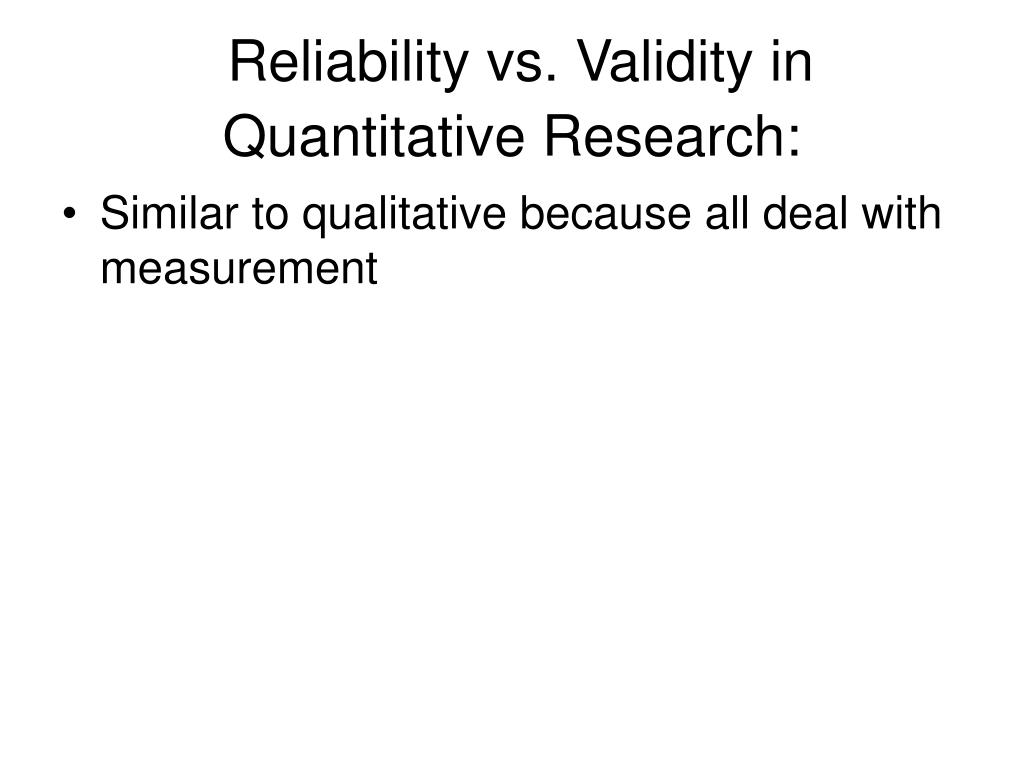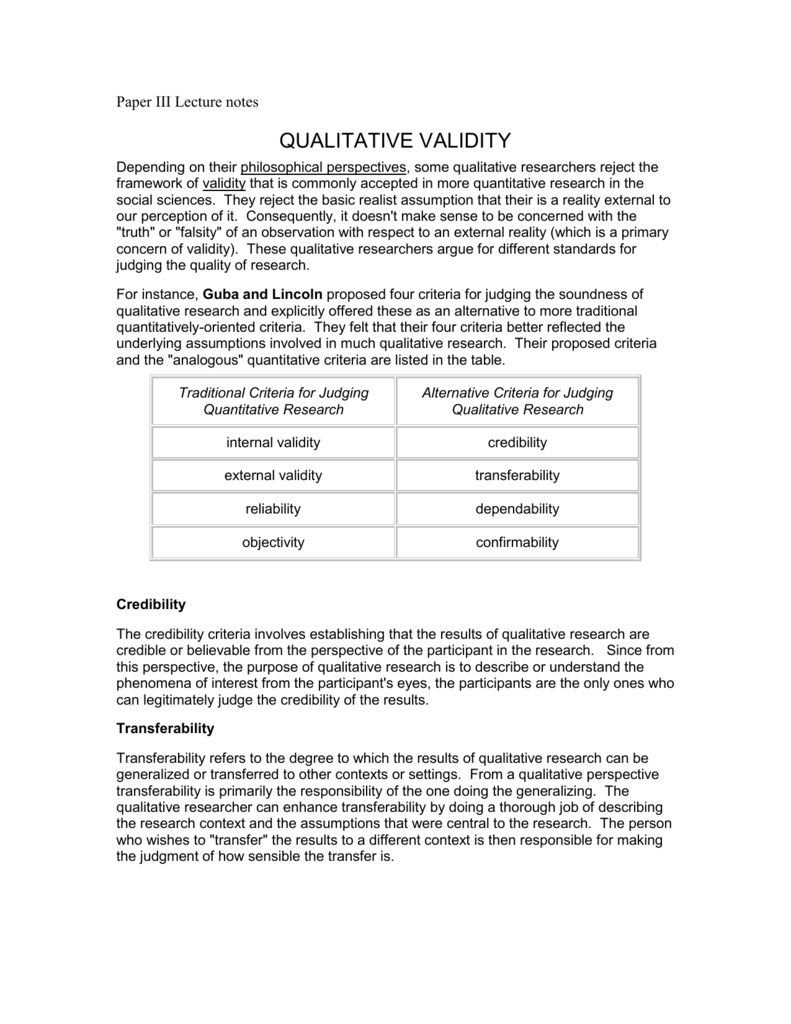

In addition, reliability values for the 10-item scale were satisfactory. Results: The Turkish version of the scale was found to consist of two factors that were related with psychopathological symptom severity and life satisfaction, as was expected. Internal consistency and test-retest coefficients were calculated to assess the reliability of the scale. To investigate the construct validity, exploratory and confirmatory factor analyses were conducted, and criterion-related validity was tested using the Symptom Check List 90 and the Satisfaction With Life Scale. A Turkish version of the BCEs was prepared and administered with other psychological measurement scales.

Method: A total of 175 adults with a mean age of 25.1 years participated in this study. The scale was developed to assess positive childhood experiences and has recently gained more importance in the literature. Objective: This study aims to adapt the Benevolent Childhood Experiences (BCEs) Scale into Turkish and to investigate its psychometric properties. It is concluded that the negative self-image predicts the life satisfaction of an individual at a negative rate of-.32. At the second stage, the effects of childhood experiences of individuals on their ego, as well as the relation between ego and life satisfaction, are explored.

At the second stage of the study, the working group comprised a total of 323 graduate individuals, with 187 (59%) females and 135 (41%) males. The confirmatory factor analysis on the mentioned structure yielded the fit index values as RMSEA=. Upon the factor analysis on 17-item scale on childhood experiences, a 2-factor structure with an eigenvalue of 2.98 that explains 47% of total variance is obtained. During the reliability studies on the scale, the coefficient Cronbach's alphaa is found to be. Hereby Scale on childhood experiences consists of 2 sub-aspects (Communication Problems and Abuse of Authority), with 12 items under the former and 5 belonging to the latter. The draft scale, which consists of 25 items, is applied on 345 undergraduates (187 female, 158 male) in academic year 2013-2014. To that end, at the first stage of the study, a scale, which can measure the childhood experiences of individuals, is developed.

The objective of hereby study is to develop a scale with the capability of measuring childhood experiences of individuals in consideration of Turkish culture and to test whether childhood experiences predict life satisfaction of an individual.


 0 kommentar(er)
0 kommentar(er)
